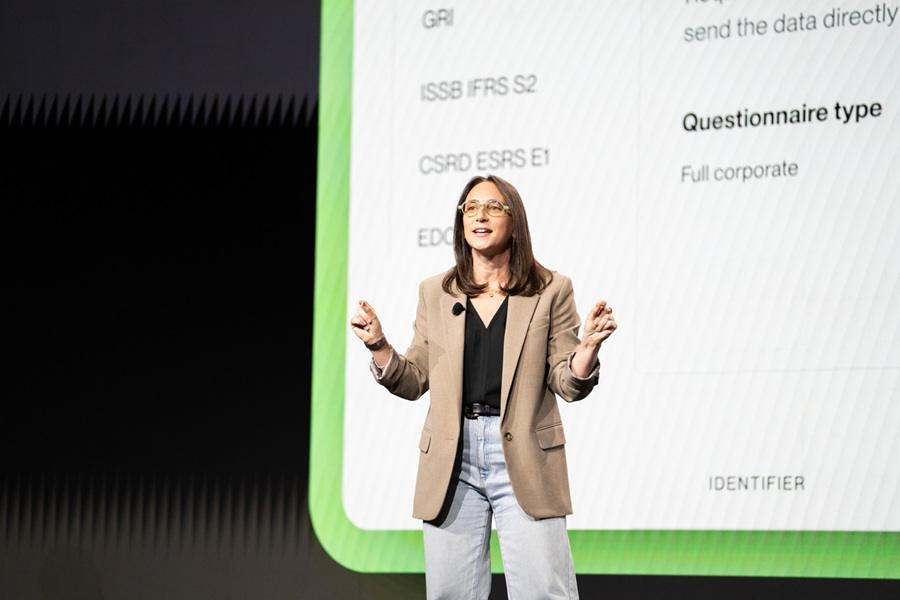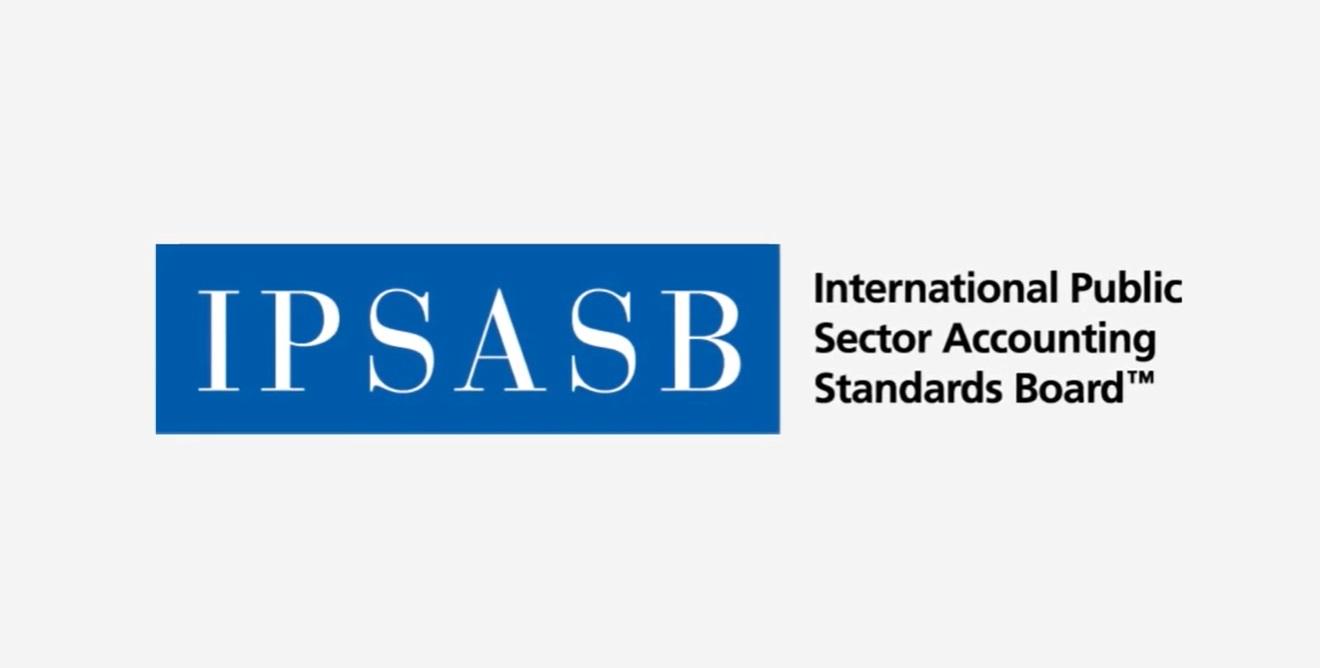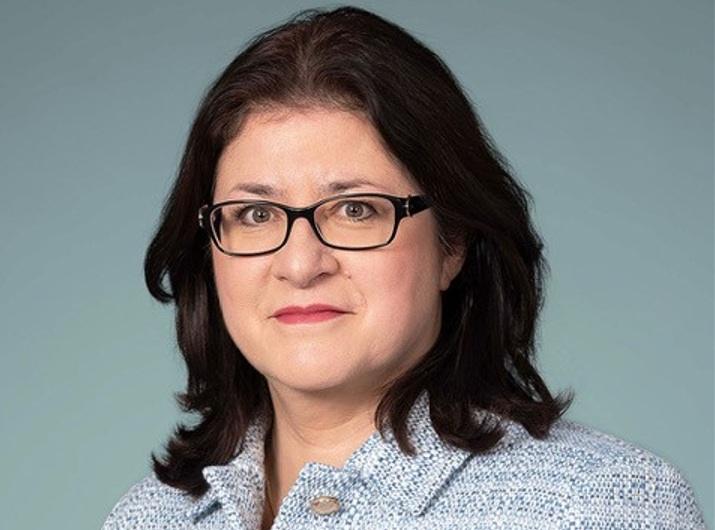Guest Post – CARB’s Latest FAQ: Your Guide to Clearer CA Climate Disclosures
By: Alyssa Zucker, Senior Industry Principal, Workiva
Many questions lingered after CARB’s much-anticipated first public workshop held on May 29th, 2025, on California’s landmark climate disclosure laws (SB 253 and SB 261), which require large businesses in California to report greenhouse gas (GHG) emissions and climate related risks respectively. Six weeks later, on June 9th 2025, the agency followed up to those inquiries with formal clarifications in a new FAQ document. This guidance is meant to assist companies with initial planning, including for submitting climate-related financial risk reports, and was developed to help entities comply with Health & Safety Code § 38532 & 38533, which respectively house the Climate Corporate Data Accountability Act (SB 253) and the Climate-Related Financial Risk Act (SB 261). A summary of key requirements for these laws can be found in this previous article.
Flexibility offers a pragmatic approach
As CARB continues to solicit stakeholder feedback on key requirements such as applicability and exemptions, the agency has reaffirmed that reporting deadlines will hold, and prescriptive rules will be published by year-end. The clarifications provided in the recent FAQ are vital for the thousands of companies scrambling to understand their obligations and prepare for inaugural disclosures. CARB’s guidance points to a pragmatic, flexible, and non-punitive approach designed as a practical on-ramp, allowing businesses to establish the necessary programs and infrastructure to meet the intent of these pivotal climate disclosure laws. While sustainability professionals may consider this a watered down version compared to the original bills, I view this as a politically contextualized, reasonable approach meant to de-risk opposition to the rules, that maintains their guiding intent to enhance transparency and corporate accountability without undue burden.
This article provides an in depth summary of CARB’s key clarifications surrounding the climate reporting rules, perspective on how stakeholders can interpret these clarifications, and remaining unknowns.
Key Clarifications from the FAQ:
- Where companies will submit SB 261 reports: On December 1, 2025, CARB will post a public docket for covered entities to post the location of their public link to their first climate-related financial risk report. CARB will keep this public docket open until July 1, 2026. This public docket will help support transparency by providing one location for the public to be able to review all climate risk reports.
- Clarity on acceptable climate risk reporting frameworks (SB 261): Reporting in alignment with TCFD guidelines is acceptable. While not stated specifically in the FAQ, per the statute’s initial language, IFRS S2- aligned reports will also be acceptable. This flexibility in framework alignment is meant to ease the reporting burden for companies establishing new climate risk programs.
- Clarity on data year for SB 261 first year reports: CARB will allow reports to reflect FY 2023/2024 data or FY 2025/2025 data. This flexibility in data year is meant to support first time reporters and does not necessarily mean CARB will accept a broader period for subsequent reporting years. Emissions reporting due in 2026 for SB 253, however, must reflect FY 2025 data.
- Extending “good faith efforts” for non-enforcement to SB 261: Companies can base their disclosures on the best available information, including from FY 2023/2024, and CARB recognizes that the quality and data sources may change over the course of the year. While CARB did not explicitly commit to not enforce penalties for non compliance with SB 261, the flexibility in reporting framework and data year provides greater flexibility for companies to meet the intent of the law.
Remaining Unknowns and ongoing solicitations:
- Prescriptive reporting rules – Expected by year-end, CARB is still developing the prescriptive reporting requirements and format for both laws.
- Exact Reporting deadlines (SB 253) – While we know the years for reporting (2026 for Scope 1 & 2; 2027 for Scope 3), the specific publication dates are still unknown. However CARB did confirm in the FAQ that SB 261 reports are due January 1, 2026.
- Applicability Refined – While SB 253 applies to companies doing business in California with over > $1 billion in revenue, and SB 261 applies to companies doing business in California with over > $500 million in revenue, CARB is continuing to solicit feedback on definitions for “doing business” and “revenue” that would define applicability under both laws, as well as allowable exemptions.
- Revenue: CARB initially proposed using the Revenue and Tax Code to define revenue thresholds, however the agency is continuing to solicit stakeholder feedback rationales to consider exemptions to narrow the scope of applicability
- CARB initially proposed using the Franchise Tax Board definition of “doing business in California”, but is continuing to solicit feedback on if this is too broad and how to determine exemptions
The new clarifications from CARB represent a significant, pragmatic step forward for California’s climate disclosure landscape. By prioritizing flexibility and “good faith” non enforcement for initial reporting periods, the agency actively facilitates a smoother transition for businesses navigating these complex new regulations. This measured approach de-risks early compliance and creates a more accessible pathway for companies to build the necessary internal infrastructure and expertise required to support climate strategy and disclosure programs. CARB’s stakeholder-centric approach fosters a collaborative process for achieving robust corporate climate transparency to better inform risk exposure throughout California’s economy.
About the author:
Alyssa Zucker is Senior Industry Principal at Workiva, where she helps lead the company’s strategy for customer-facing climate and sustainability content. Her 15 years of corporate sustainability experience guides the program recommendations, emissions accounting, and sustainability disclosure featured in the Workiva Carbon solution. Previously, Alyssa was Chief Sustainability Officer at Sustain.Life (now part of Workiva), and also directed the sustainability program at Vornado Realty Trust, where she managed green building certifications, waste and recycling, energy efficiency, health, and wellness for over 30 million square feet of commercial office space. Alyssa is accredited as a LEED and WELL AP and holds an MPA in Environmental Science and Policy from Columbia University and a BA in Environmental Studies from Washington University in St. Louis.





